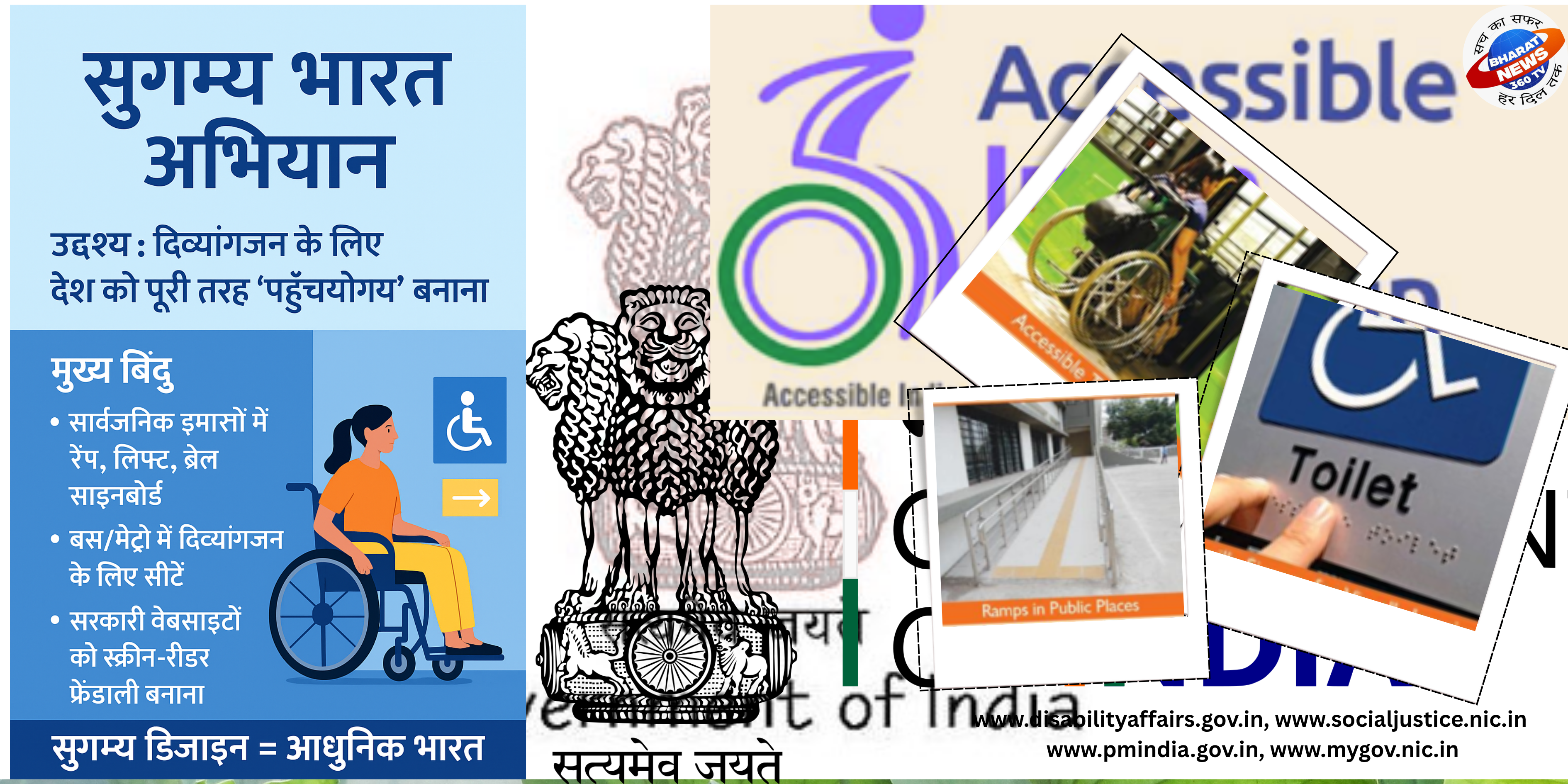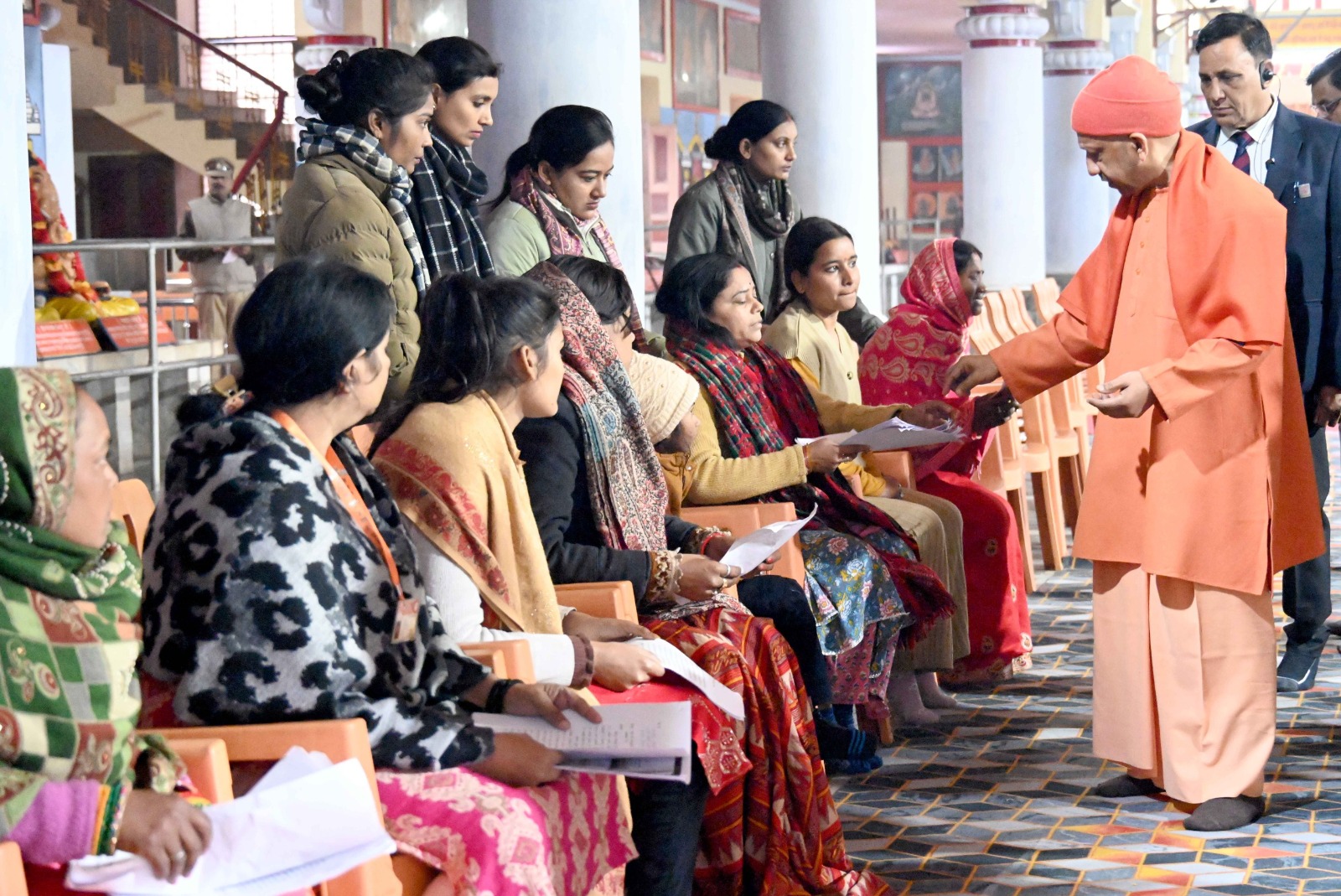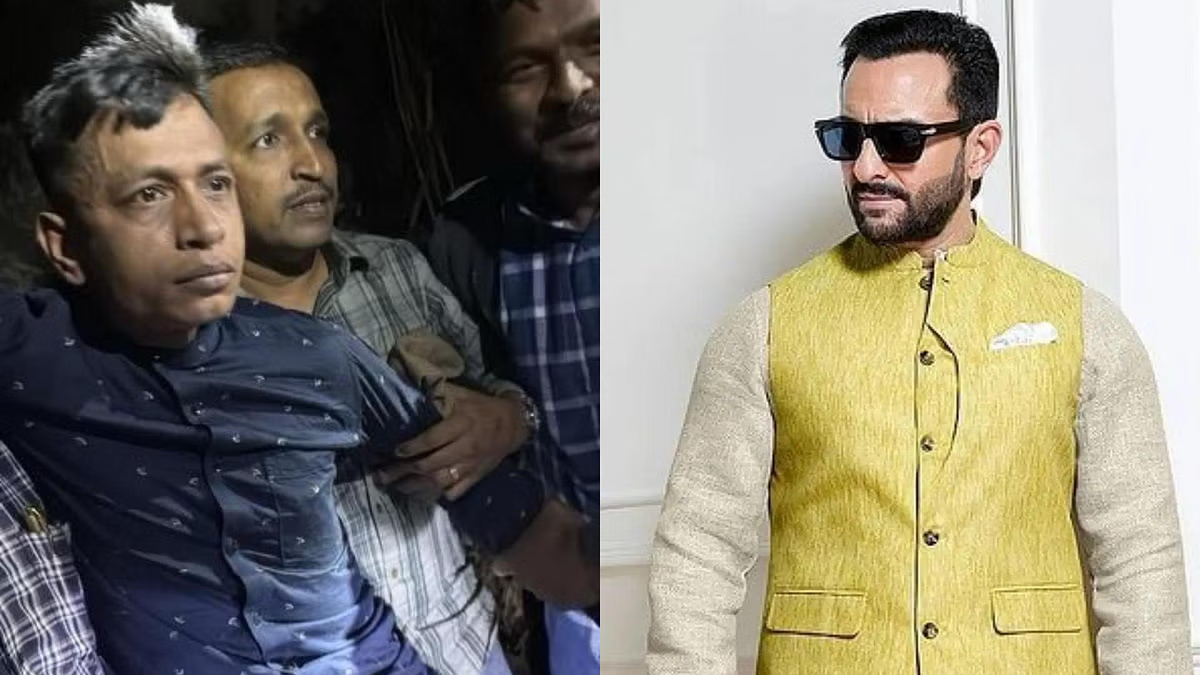दिल्ली की एक अदालत ने 2018 में अपनी दो नाबालिग बेटियों की गला घोंटकर हत्या करने के मामले में एक महिला को आजीवन कारावास की सजा सुनाई है। अदालत ने इसे बेहद सोची-समझी हत्या और दुर्लभतम मामला बताया है। अदालत ने कहा कि इस जघन्य अपराध ने अदालत की अंतरात्मा को झकझोर दिया है, क्योंकि समाज में माताओं को उनकी पालन-पोषण की भूमिका, बलिदान, भावनात्मक लचीलापन और निस्वार्थता के कारण आदर्श माना जाता है। तीस हजारी अदालत के अतिरिक्त सत्र न्यायाधीश सचिन जैन ने हत्या के लिए पहले दोषी ठहराई गई लीलावती (32) को सजा सुनाते हुए कहा कि दोषी के दो जीवित बच्चों की भलाई को देखते हुए और चूंकि उसके पुनर्वास और समाज में फिर से शामिल होने की संभावना है, इसलिए मृत्युदंड की तुलना में आजीवन कारावास अधिक उचित है।

A Delhi court has sentenced a woman to life imprisonment for strangling her two minor daughters to death in 2018. The court has described it as a very well thought out murder and a rarest of rare case. The court said that this heinous crime has shaken the conscience of the court, as mothers are considered ideal in society due to their nurturing role, sacrifice, emotional resilience and selflessness. Additional Sessions Judge Sachin Jain of the Tis Hazari court, while sentencing Lilavati (32), who was earlier convicted for murder, said that considering the well-being of the convict's two surviving children and since there is a possibility of her rehabilitation and reintegration into society, life imprisonment is more appropriate than the death penalty.
According to the prosecution, she had brutally murdered her two daughters, aged five years and five months respectively, on February 20, 2018. In its order, the court said, No doubt, mother is always looked upon as a protector due to her nurturing role and alleged sacrifice and for the same reason, society idealises motherhood, expecting women to be selfless, nurturing and emotionally resilient. Therefore, the act of murder of her own two daughters shocks the conscience of not only the court but the entire society. Moreover, the act of strangling both the daughters by the convict is clearly a cold-blooded murder, making the present case a rarest of rare case.
However, it said the woman has two surviving children, a daughter (7) and a son (2), adding, "The convict is relatively young and there remains a possibility of his rehabilitation and reintegration into society after undergoing a long period of imprisonment." It said when the aggravating and mitigating circumstances were weighed, the scales tilted in favour of the latter and it would be appropriate to award him life imprisonment instead of the death penalty. It sentenced the convict to life imprisonment and a fine of Rs 10,000. The court further said there was no basis for payment under the Delhi Victim Compensation Scheme as "the beneficiary was the culprit" in the case.







COMMENTS